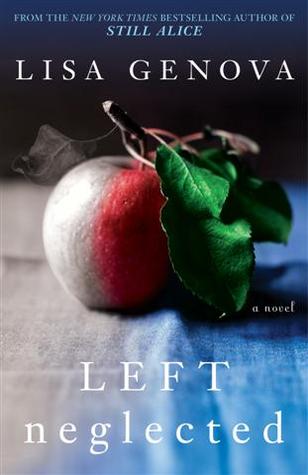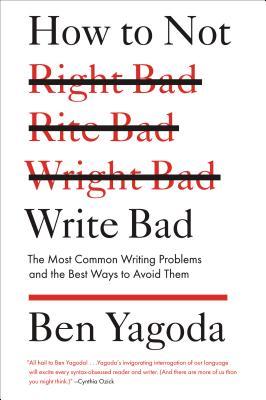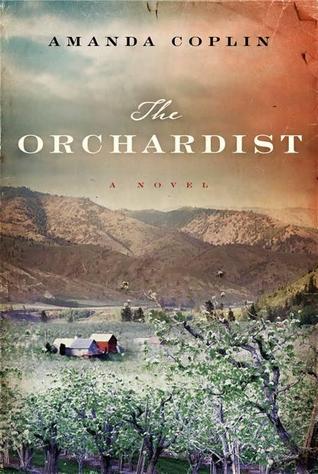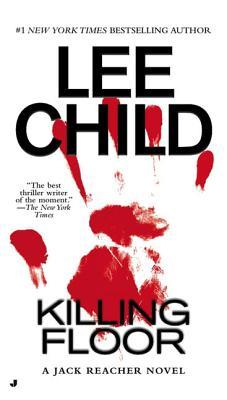~1~
We've had our first eggs from the pullets (the new chicks, now about six months old)! With nine chickens, three of whom have been laying for a while, you might wonder how we know for sure that it was one of the young ones that actually started laying. Behold:
 |
| The egg on the left is from one of our older layers. The egg on the right is noticeably smaller, from one of the pullets. |
~2~
Last night we attended our last Spokane Indians baseball game of the summer. It was a loooooooong game and we ended up leaving at 9:00 when it was only the top of the sixth inning. (We've been to games that were over by 9:00 before!) The Indians were up 12 to 2 and we'd already won coupons for free pancakes at IHOP and free Doritos Locos Tacos from Taco Bell, so it was time to call it a day. Anyway, it was great to have one last night at the ballpark. And it was nice that my complaint about the Reese's was resolved to my satisfaction, too.
 |
| Tired boy... |
 |
| Brothers at the ballpark |
 |
| One last picture! |
~3~
Gene is rarely out of town for work, but this past weekend he attended a continuing education course in Billings, Montana, leaving Friday at noon and not getting back until after midnight on Sunday. So of course, Sunday evening we have a rip-roaring windstorm that I thought was going to tear the roof off of the house and send debris crashing through our windows (it didn't - the only casualty was a plastic spray nozzle for the hose that got crushed by a brick that fell off the windowsill). What followed was one of the more impressive lightning storms I've seen in quite a while. The power went out just as I was getting the kids to bed, and so they were all scared of the sudden dark and needed some extra snuggling and reassurance in order to calm down enough to sleep. I'm grateful to have had a sufficient supply of candles, flashlights, and batteries and that our animals were all ok. (I also had to chase a coyote off Saturday morning. It was circling the chicken coop trying to get in and the birds' frantic cackling woke me up.)
~4~
This past week I have attended Buddhist meditation class at the Unitarian Universalist church, served lunch to low-income families with the Community of Christ (formerly the Reorganized Church of Jesus Christ of Latter-day Saints), chaperoned a temple trip with LDS youth from my ward, and debuted my "Ask a Mormon" feature on SpokaneFAVS. It's been quite a religious/interfaith week!




















